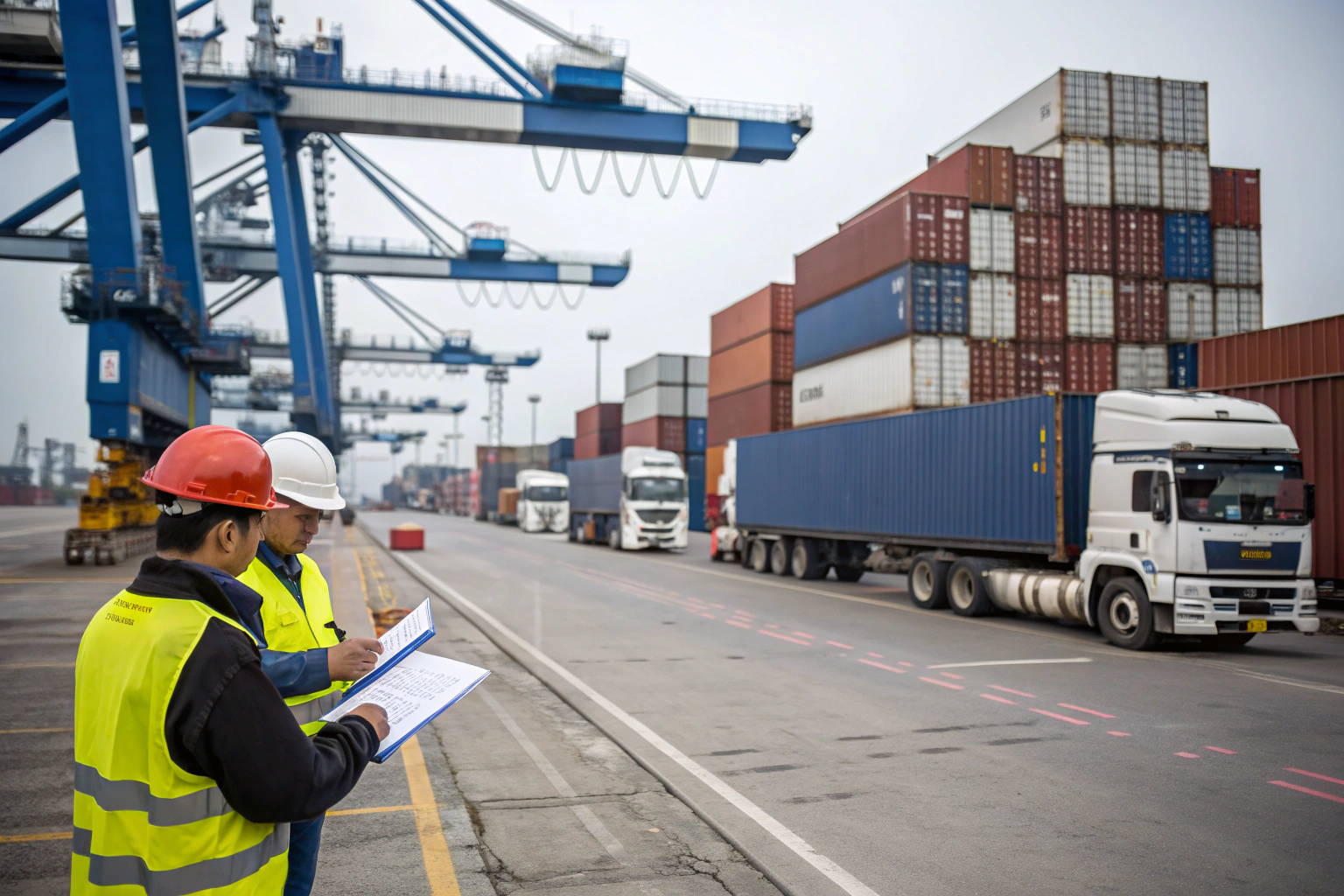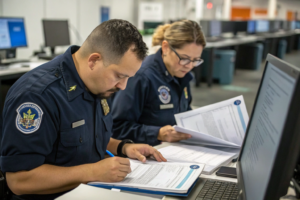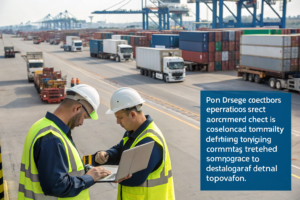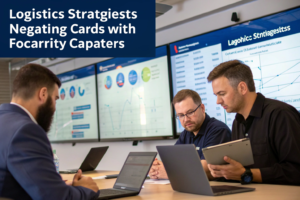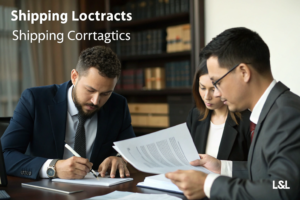Importing goods from overseas is not just about booking space on a vessel or airplane. Many U.S. businesses discover extra costs when the shipment arrives, from port handling to customs penalties. These surprises make planning difficult and reduce profit margins.
The best way to avoid hidden charges is by understanding common extra fees, choosing the right Incoterms, preparing accurate customs documents, and working with a professional freight forwarder who provides transparent quotations.
When I began serving U.S. importers, their number one complaint was the “mystery charges” that showed up after cargo landed. Over time, I developed systems that prevent these problems, giving clients peace of mind and better financial control.
What Are the Common Hidden Charges in Freight Forwarding?
Unexpected charges often come from poor planning or unclear agreements. Importers should know the most frequent types of extra costs in order to avoid them.
The most common hidden fees include port storage, demurrage (extra charges for late pickup), customs inspection fees, document processing charges, and unplanned delivery surcharges.
By being aware of these costs, importers can negotiate clear contracts and reduce risk.

What Is Demurrage and How Can It Be Prevented?
Demurrage occurs when cargo remains too long at the terminal. According to Maersk, it is charged daily until the goods are cleared. To prevent this, importers should prepare customs paperwork in advance and rely on freight forwarders who coordinate quick clearance.
Why Do Extra Documentation Fees Arise?
Some carriers add charges for issuing or correcting a Bill of Lading. Others include customs paperwork fees not listed in the initial quote. Choosing a DDP service, where the freight forwarder covers document preparation, can help businesses avoid these unnecessary expenses.
How Can Incoterms Help Prevent Hidden Costs?
Many hidden costs appear when importers misunderstand Incoterms. These international trade rules explain who pays for which part of shipping.
By selecting the right Incoterm, such as Delivered Duty Paid (DDP), importers can eliminate many surprise charges and have a single clear cost structure.
I have guided many U.S. importers who used FOB or CIF contracts, only to discover unexpected port and customs fees. Switching to DDP gave them full cost visibility.
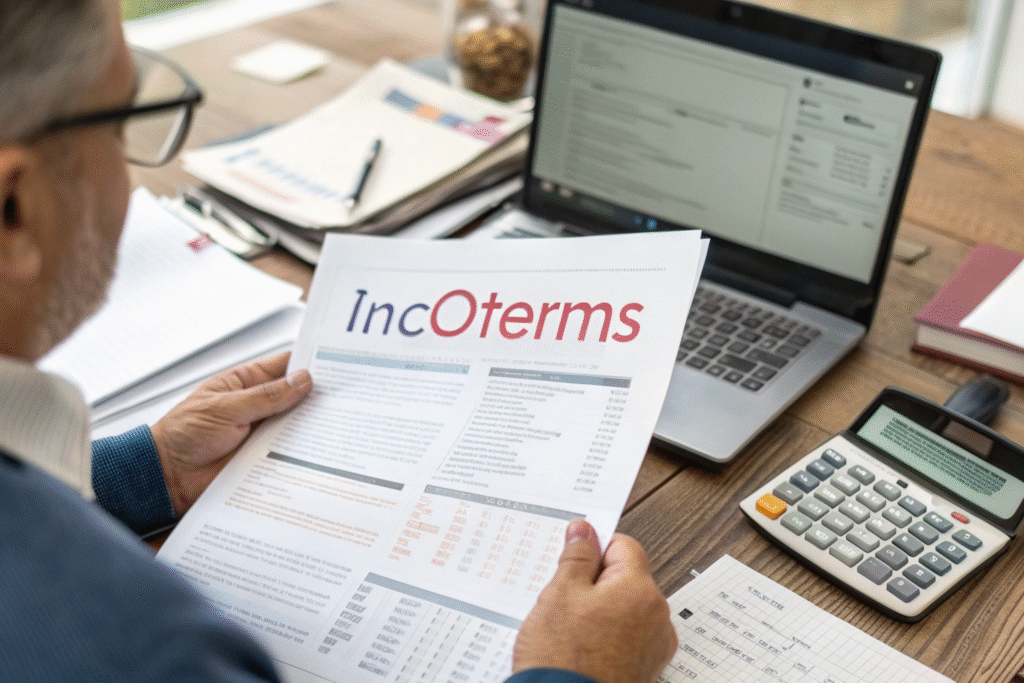
How Does DDP Protect Importers?
The International Chamber of Commerce explains that under DDP, the seller is responsible for duties, taxes, and final delivery. This shifts the risk away from the buyer. Platforms like Freightos confirm that DDP provides the highest level of cost transparency.
Why Are FOB and CIF Less Predictable?
With FOB shipping, importers take responsibility once goods are on the ship, often leading to unplanned port fees. Under CIF terms, sellers cover freight and insurance, but not customs clearance. This gap can result in surprise costs when goods arrive.
What Role Does Customs Clearance Play in Hidden Charges?
Customs clearance is often the most unpredictable part of freight forwarding. Mistakes or delays here can result in expensive storage fees and penalties.
Working with a freight forwarder experienced in U.S. customs regulations ensures proper compliance, reducing the risk of unexpected charges.
For example, one of my clients importing electronics faced high inspection charges because his tariff classification was wrong. After switching to DDP, all customs compliance was handled correctly, and those extra costs disappeared.
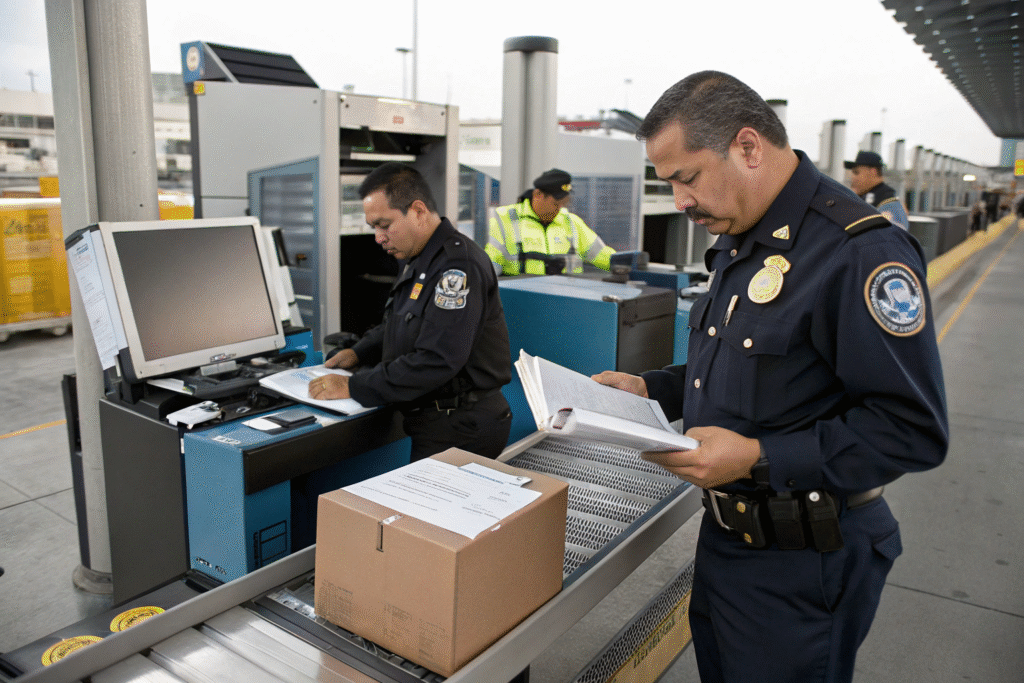
What Documents Must Be Accurate?
According to CBP.gov, essential paperwork includes commercial invoices, packing lists, and correct tariff classification codes. Errors cause delays and penalties. Using expert services ensures accuracy. Resources like HTS Search can also help importers confirm proper codes.
How Do Customs Inspections Increase Costs?
Cargo flagged for inspection may face extra labor and handling fees. Agencies like the FDA or USDA require additional checks for certain products. Partnering with a knowledgeable forwarder minimizes these risks.
How Do I Choose the Right Freight Forwarder to Avoid Hidden Fees?
The choice of freight forwarder often determines whether importers face hidden charges or not. Professional partners provide clear contracts and manage the entire process.
A reliable freight forwarder offers transparent pricing, explains Incoterms clearly, and manages customs clearance and last-mile delivery without adding surprise costs.
Over time, I learned that transparency is the foundation of long-term client relationships. Many of my U.S. customers remain loyal because they trust the clarity we provide.
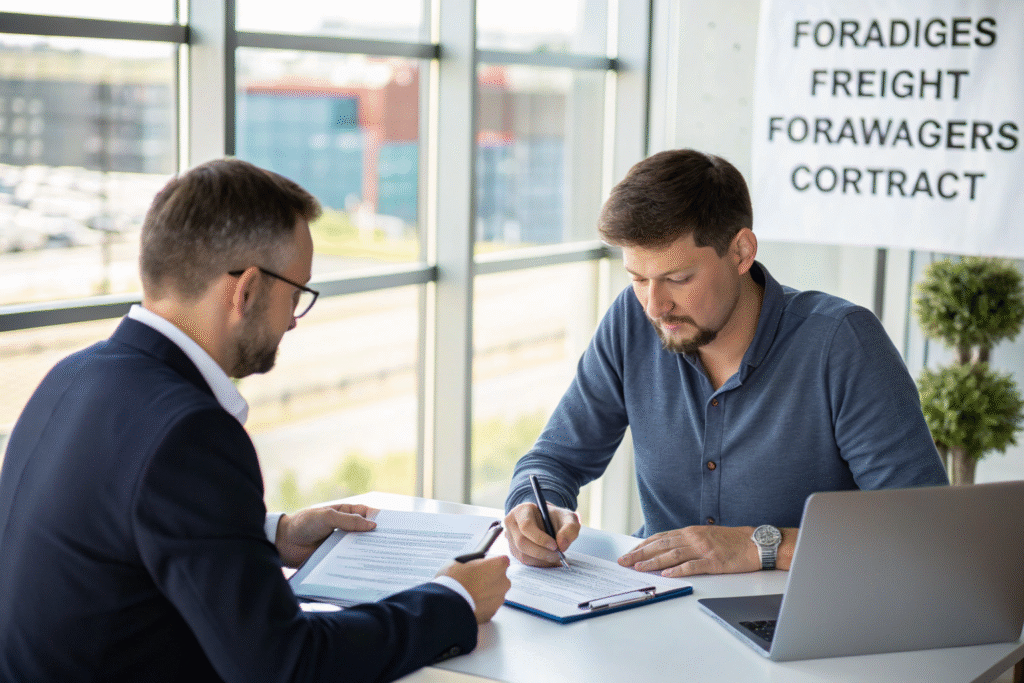
What Qualities Should Importers Look For?
Sources like Flexport advise importers to select forwarders with global networks, compliance knowledge, and digital tracking systems. Reviews on Alibaba.com show that responsive service and clear communication are essential in preventing hidden costs.
How Does Communication Prevent Extra Charges?
Good communication ensures problems are solved before they create costs. According to Logistics Bureau, proactive updates reduce errors and avoid last-minute fees. Importers who get regular updates on customs and delivery are less likely to face surprise charges.
Conclusion
Hidden charges in freight forwarding are avoidable with the right knowledge and partners. Importers should understand where extra fees come from, use clear Incoterms like DDP, prepare accurate customs paperwork, and choose a reliable freight forwarder. For U.S. businesses sourcing from China, avoiding hidden costs is not just about saving money—it is about creating a stable and predictable supply chain that supports long-term growth.
